This year CRASSH is supporting seven networks; six new groups and one that is returning. Find out more about them, and their convenors and see their full profiles and events programmes. All events are free and open to all.
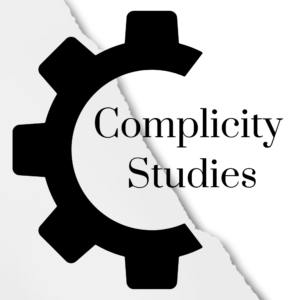 Complicity Studies
Complicity Studies
Complicity Studies aim to create a space in which academics can converge to examine concepts of complicity. The idea that ‘everyone’s involved’ in wrongdoing and historical injustice has emerged more frequently in recent years, with increasing discussions around the role of the seemingly passive individual in racial inequality, legacies of colonialism and the climate crisis.
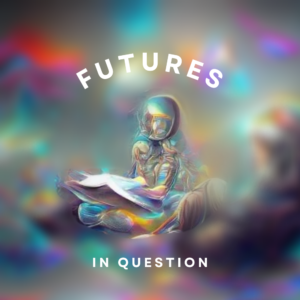 Futures in Question
Futures in Question
Futures in Question explores how, why, and for whom we anticipate the future. The network offers a forum to interrogate different modes of anticipation and ways of thinking about the future in the world today. Sessions will feature panels of critics, applied scholars, and practitioners who engage with anticipatory practices across a range of fields, such as public health, artificial intelligence (AI), Afrofuturism and astrology among others.
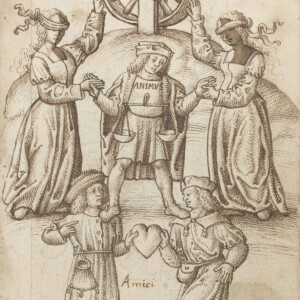 Illuminating Friendship
Illuminating Friendship
Friendship is at once ubiquitous and shadowed: human lives are full of the relations that might be called friendship, and all of these relations fall short of what such an ideal might be. Philosophical approaches encourage us to see friendship as a moral accomplishment that we can perform successfully, or not. This network will consist of regular fortnightly lectures from speakers based in and out of Cambridge exploring different understandings and embodiments of friendship.
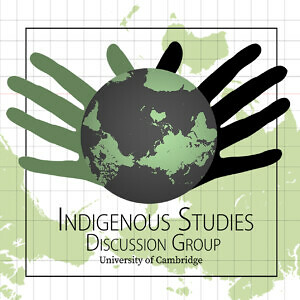 Indigenous Studies Discussion Group
Indigenous Studies Discussion Group
The ‘Indigenous studies discussion group’ at the University of Cambridge is a graduate-led network that aims to promote scholarship by and about Indigenous Peoples across disciplines and spaces to be a regular feature of the intellectual life of Cambridge and promote the sharing and discussion of insights and ideas pertaining to Indigenous studies across peoples, disciplines, times and geographies.
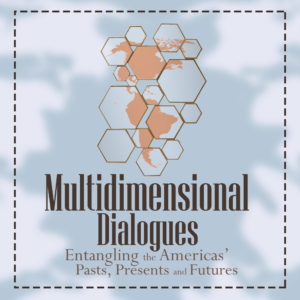 Multidimensional Dialogues: Entangling the Americas’ Pasts, Presents and Futures
Multidimensional Dialogues: Entangling the Americas’ Pasts, Presents and Futures
Multidimensional Dialogues seeks to introduce a set of topical and thematic approaches to Archaeology by targeting Science, Technology, and the Arts programming. Our trans-hemispheric framework will enable increased diversity of opinions, widen participation, and help discussants rethink studies of the Americas’ past, present and future.
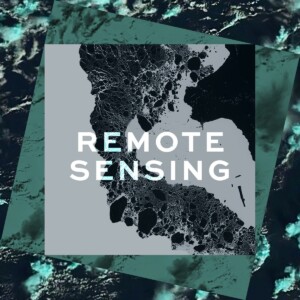 Remote Sensing: Ice, Instruments, Imagination
Remote Sensing: Ice, Instruments, Imagination
Remote Sensing is an exploration of practices and technologies that work from a distance in the arts, sciences, and humanities. Taking a cue from scientific remote sensing, we will work between disciplines to develop methods for thinking and feeling our way across distance. How do we all—researchers, artists, historians, scientists—get in touch with remote subjects?
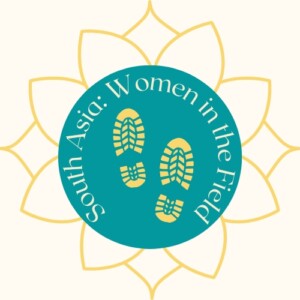 Women in the Field in South Asia
Women in the Field in South Asia
Collecting valuable primary data ‘in the field’ – beyond the walls of the institution in which we work – is an important part of research and career progression, and the reason why many of us choose to go into the disciplines we do. There are unavoidable difficulties we all will face when conducting research. In the course of our own work in South Asia, we have become increasingly aware of various issues that we as women may experience in particular ways.

